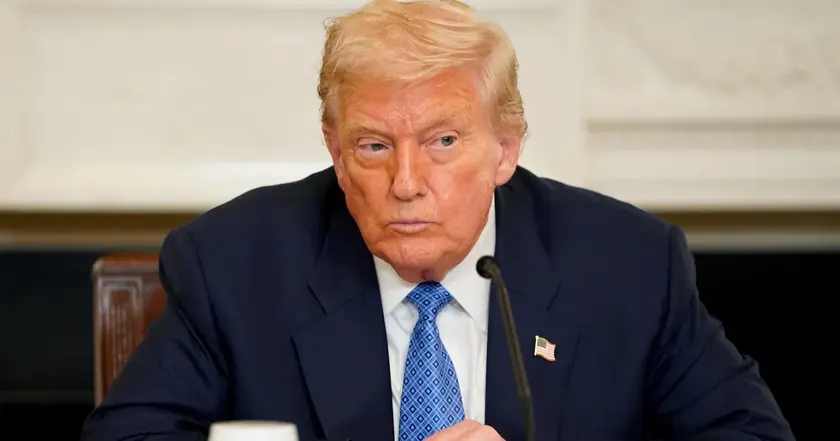T4K3.news
Blue city mayors push back against Trump's plan to federalize DC police
Mayors in several Democratic cities challenge Trump's plan to federalize police, citing crime data and legal limits.
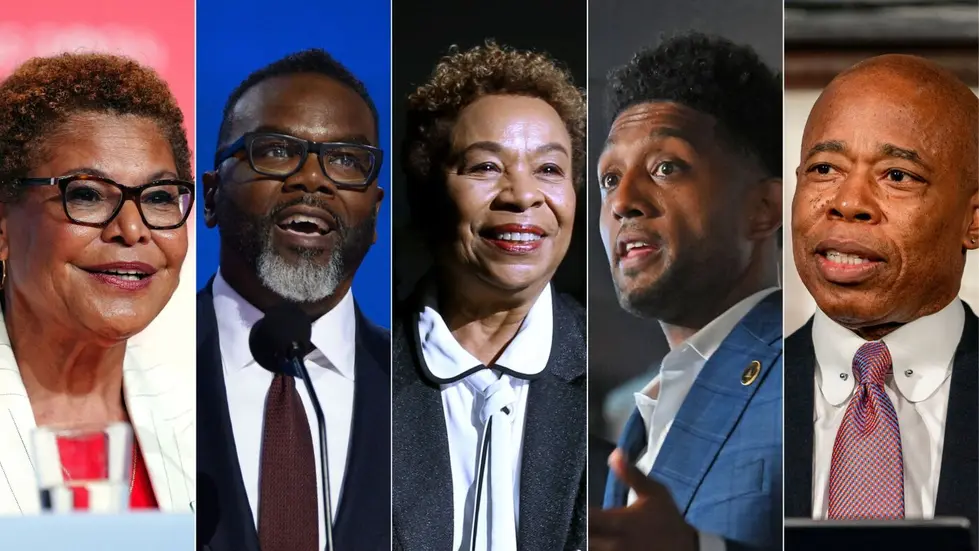
Democratic mayors defend local control as Trump floats federal policing for DC, citing crime data and legal limits.
Blue city mayors push back against Trump's plan to federalize DC police
President Trump proposed using the National Guard and federal powers to take over Washington DC policing, framing it as a move to make the capital safe. He also named a slate of other cities he said were plagued by crime. Mayors of Baltimore, Los Angeles, Oakland, Chicago, and New York push back, arguing crime in their cities has improved and stressing local autonomy.
Legal experts note DC’s special federal status limits how far the president can extend such authority beyond the capital. The discussion shifts from crime numbers to constitutional boundaries, party politics, and the politics of public safety. Mayors say they welcome federal help on prevention, but not a military-style takeover, and some point to funding and policy gaps at the federal level that already affect violence-reduction efforts.
Key Takeaways
"We're not going to allow a military occupation of the city"
Barbara Lee on federal troops in cities
"This is certainly not a partnership as we would see it, this is something totally different"
Brandon Johnson on the proposed collaboration with federal authorities
"Baltimore is the safest it's been in over 50 years"
Mayor Brandon Scott on crime data for Baltimore
"Now, if the priority is to show force in an American city, we know he can do that here"
Mayor Muriel Bowser on the Trump approach to cities
The episode is less about crime data than about political theater and federal-state balance. Mayors use data to undercut a national narrative that paints blue cities as out of control, while lawmakers spotlight legal constraints to defend local governance. The exchanges reveal how policy tools beyond enforcement, like prevention funding, are where federal action could actually help. The risk is that the debate distracts from real differences over resources and strategy, while long-term trust in local institutions is at stake.
Highlights
- This is not a partnership as we would see it
- Baltimore is the safest it's been in over 50 years
- We're not going to allow a military occupation of the city
- Now, if the priority is to show force in an American city, we know he can do that here
Political and budget implications of federalizing policing
The piece touches on federal power, local autonomy, funding for violence prevention, and civil rights concerns. These aspects carry potential political backlash and budgetary controversy.
The coming months will test whether federal action can align with local expertise without eroding trust.
Enjoyed this? Let your friends know!
Related News
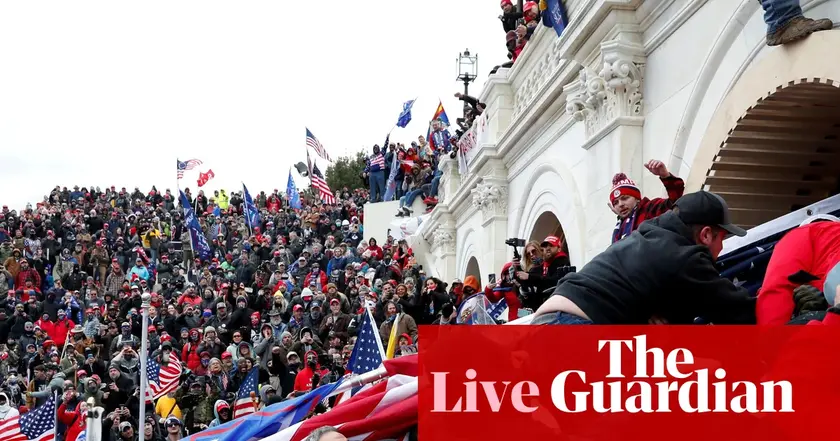
Capitol presence links Trump pick to January 6
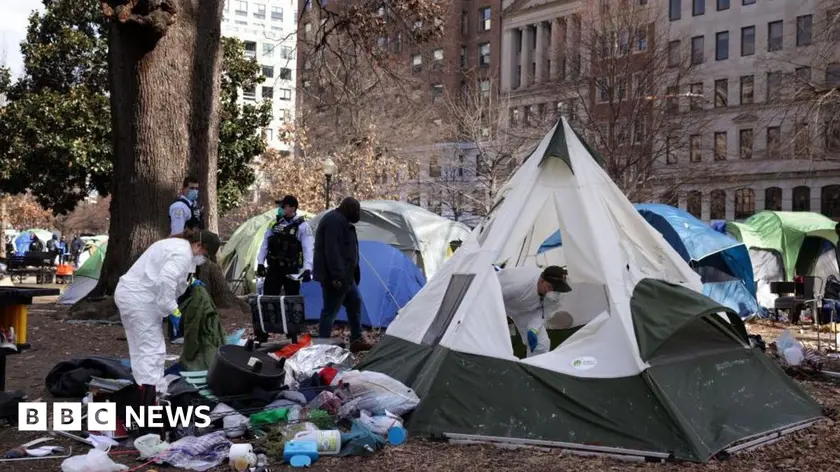
Homeless relocation plan in DC
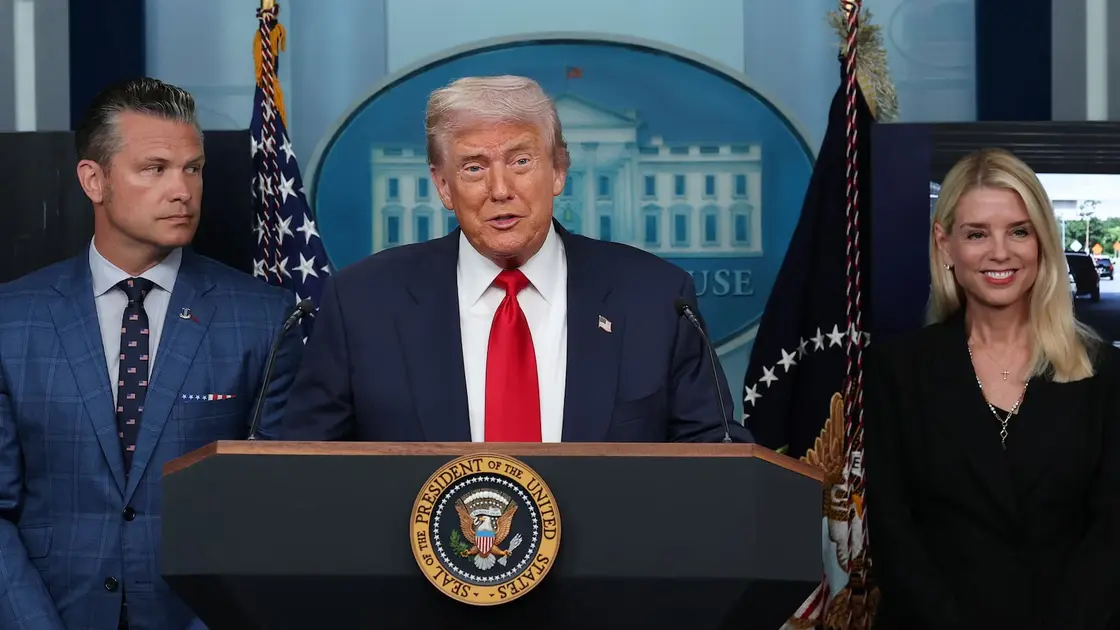
DC policing under federal control
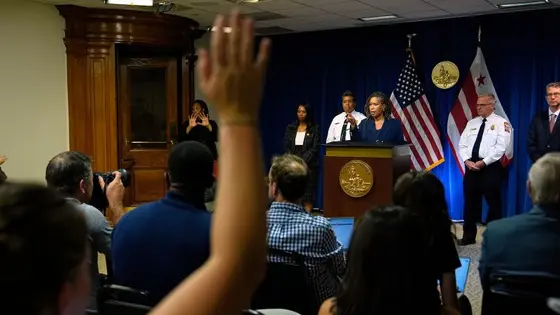
Bowser weighs response to federal policing in DC
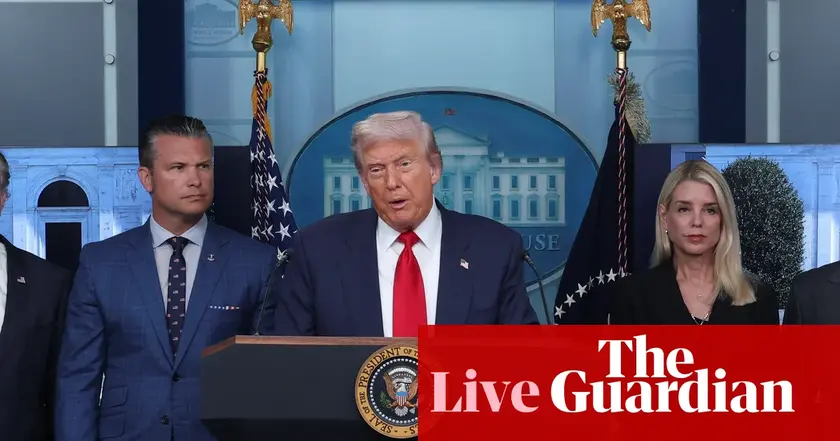
Federal policing move in DC
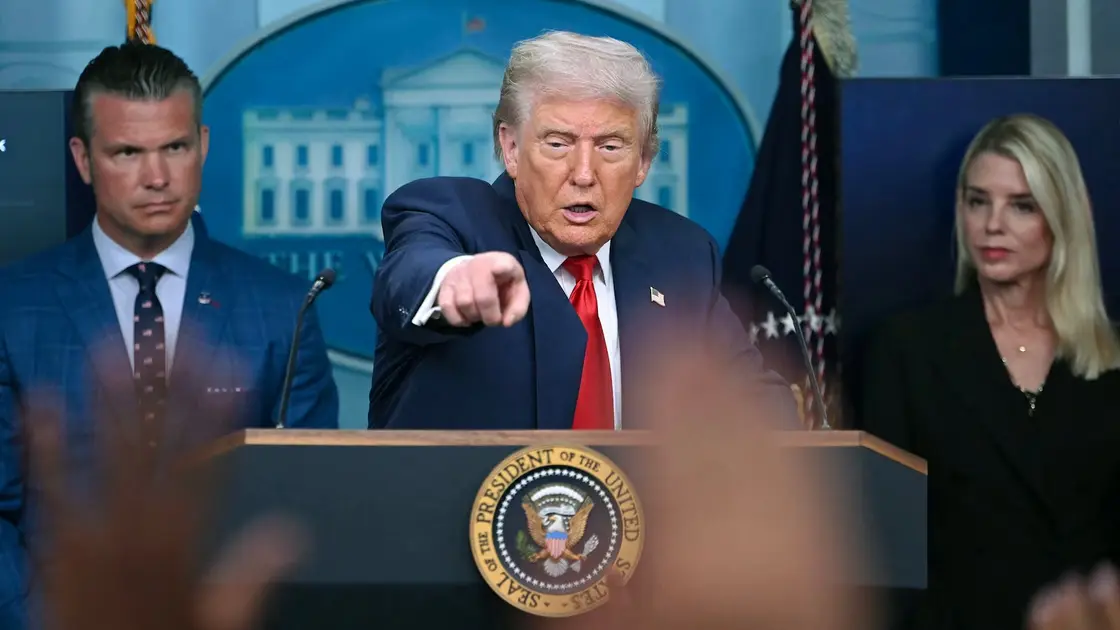
Trump places DC police under federal control
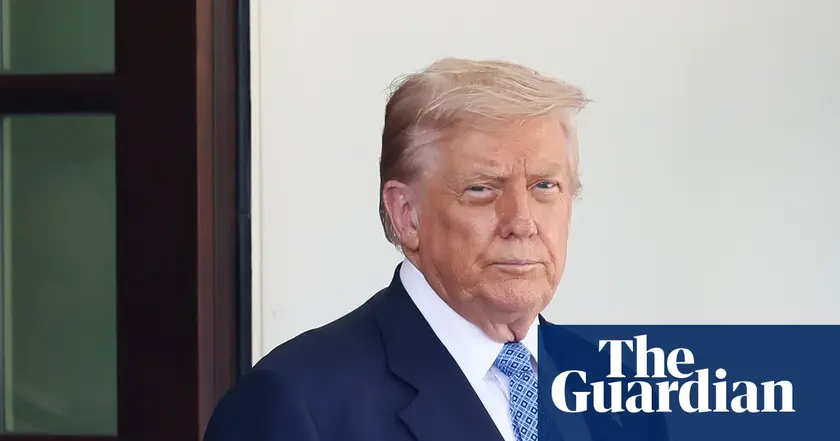
Trump pushes for DC evictions
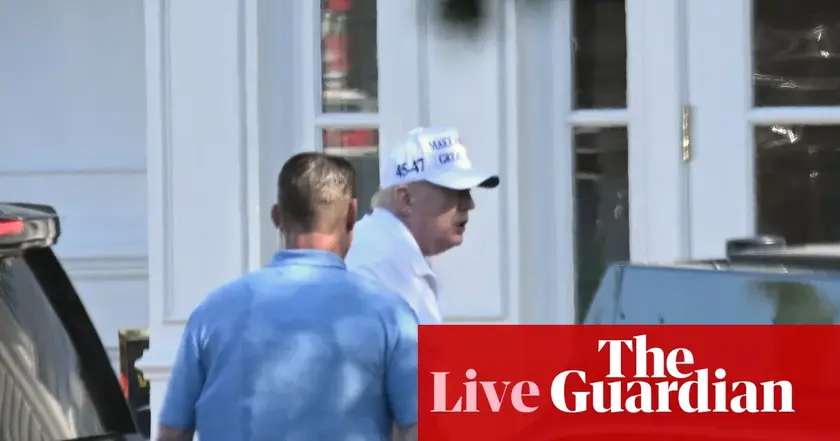
Trump orders homeless eviction in Washington DC
